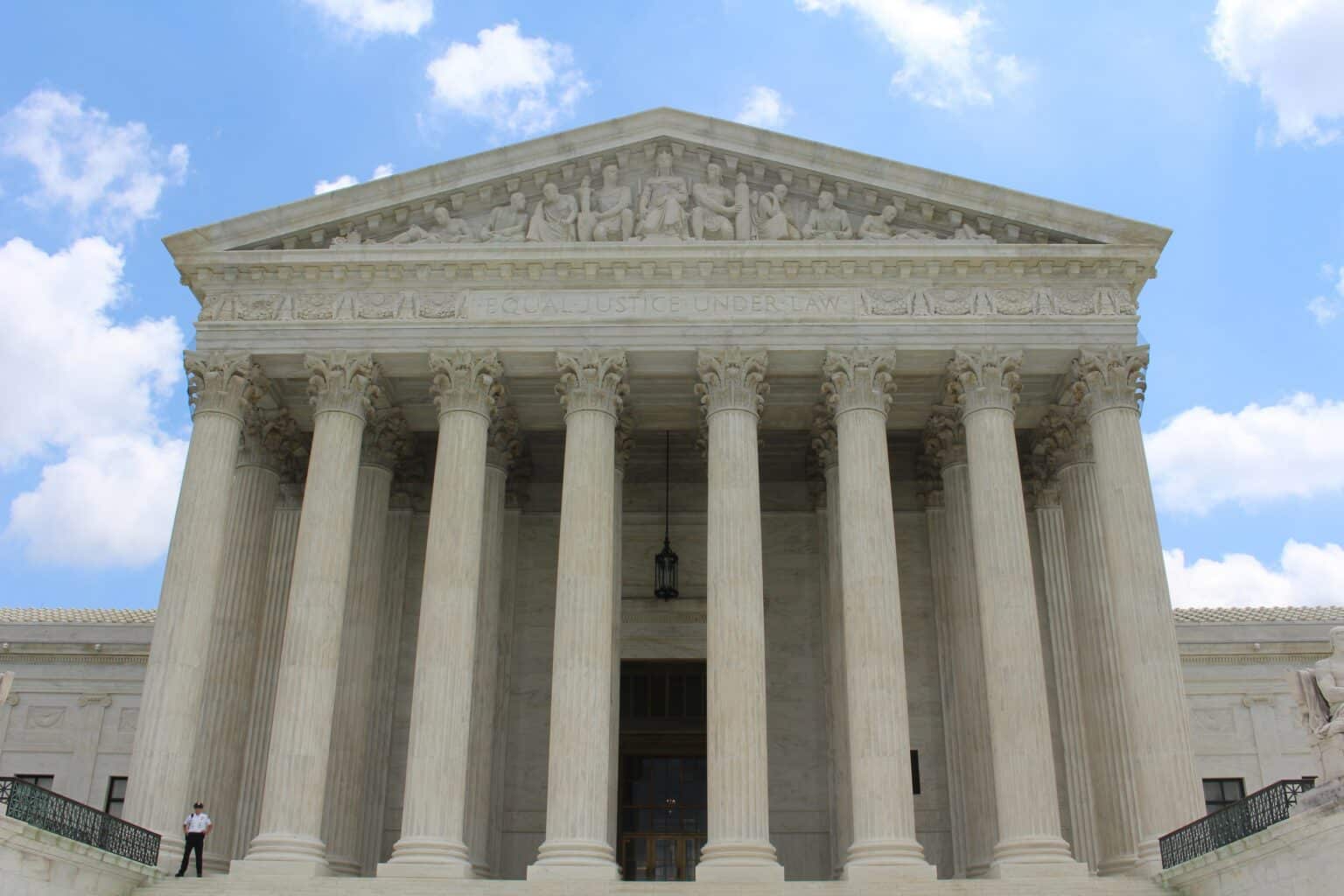One year after the Supreme Court overturned Roe v Wade and a half-century of the Constitutional right to abortion on June 24, 2022, some 25 million women live in states with abortion bans or restrictions.
A breakdown this week of where the states stand on abortion shows that 14 states—Alabama, Arkansas, Idaho, Kentucky, Louisiana, Mississippi, Missouri, North Dakota, Oklahoma, South Dakota, Tennessee, Texas, West Virginia and Wisconsin—have banned abortion outright at any stage of pregnancy unless the woman’s life and/or health is at risk.
Idaho, Mississippi, North Dakota and West Virginia also make exceptions for rape and/or incest, but the other states do not.
In three more states—Arizona, Georgia and Nebraska—abortion is banned after 6 to 15 weeks of pregnancy, though all make exceptions for the life of the woman. Georgia and Nebraska also make exceptions for rape or incest. Arizona does not.
Abortion bans have been adopted but not yet enacted in Florida (at 15 weeks) and North Carolina (at 20 weeks). Both make exceptions for the life or health of the woman, while North Carolina also makes exceptions for rape or incest.
In 6 states—Indiana, Montana, Ohio, South Carolina, Utah and Wyoming—various abortion bans have been put on hold by the courts.
Meanwhile, 19 states and the District of Columbia have moved to protect abortion access: California, Colorado, Connecticut, Delaware, Hawaii, Illinois, Maine, Maryland, Massachusetts, Michigan, Minnesota, Nevada, New Jersey, New Mexico, New York, Pennsylvania, Rhode Island, Vermont and Washington.
There are also six states whose abortion policies are unchanged since the overturning of Roe: Alaska, Iowa, Kansas, New Hampshire, Oregon and Virginia.
Just this Thursday, Maine’s state House lawmakers voted 74-72 to pass one of the nation’s least restrictive abortion laws. Backed by Gov. Janet Mills (D), if passed by the state Senate the law would allow any abortion at any time before birth if deemed necessary by a medical provider, doing away with a current 24-week ban.
Also on Thursday, Republican state legislators in North Carolina amended their state’s new abortion restrictions, addressing some provisions considered confusing and inconsistent by abortion advocates who are seeking litigation to block the 12-week ban. GOP lawmakers overrode a veto of the law last month by Gov. Roy Cooper (D).
Abortion rights advocates plan to hold rallies over the weekend to mark one year since the overturning of Roe, including one planned for 12pm ET on Saturday at Columbus Circle in Washington DC. Anti-abortion activists have organized a counterdemonstration starting at 10:30am ET Saturday at the Lincoln Memorial.
And while reproductive rights advocates Planned Parenthood Action Fund, NARAL Pro-Choice America and Emily’s List have announced they’re endorsing President Biden and Vice President Harris for reelection in 2024, Evangelicals are meeting in Washington this weekend for the Faith & Freedom Coalition’s annual conference, which coalition founder Ralph Reed said would give GOP candidates “a testosterone booster shot” to aid their anti-abortion messaging.


